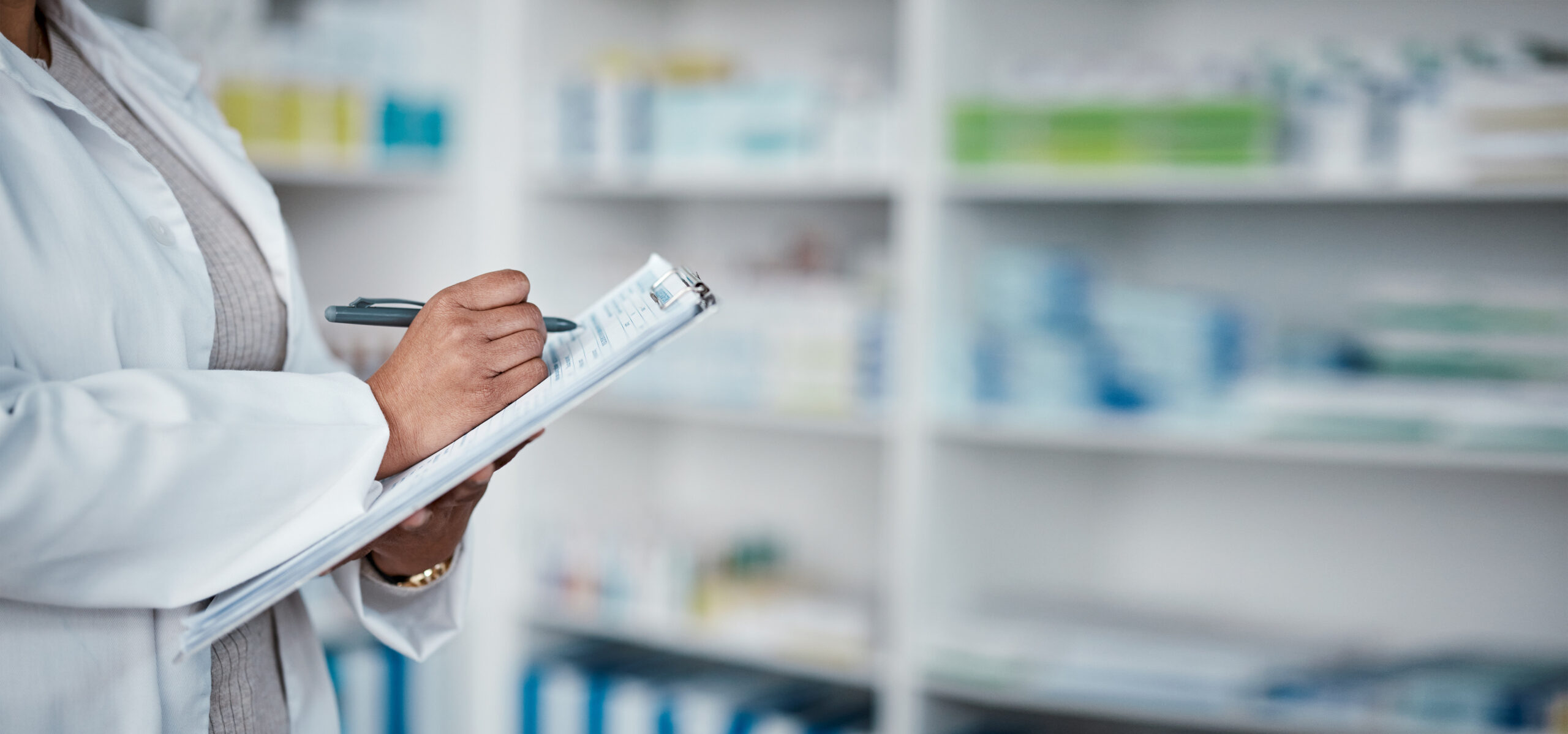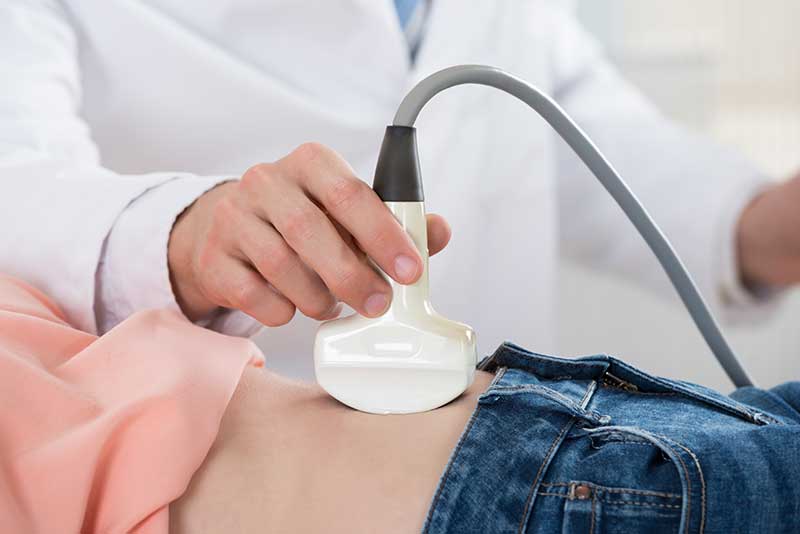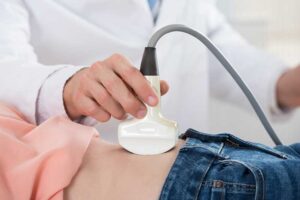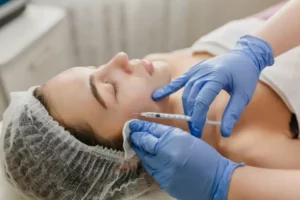Factors to Identify the Best Pharmacy for Compounded Medications
Choosing where to get your compounded prescriptions filled can have a big impact on your health, comfort, and treatment results. Finding the best pharmacy for compounded medications is not only about convenience but also about safety, quality, and precision. Compounded medications are customized prescriptions created to meet a patient’s specific needs when standard, commercially available drugs do not fit their requirements. Whether you have allergies to certain ingredients, need a unique dosage form, or require medication that is no longer manufactured, a pharmacy that specializes in compounding can be a lifesaver.
Selecting the right compounding pharmacy, however, requires careful consideration. Not every pharmacy that claims to offer compounding services maintains the same level of quality, expertise, or compliance with regulations. Below are the key factors that can help you identify the best pharmacy for your personalized medication needs.
Understanding What Compounded Medications Are
Before diving into how to find the right pharmacy, it helps to understand what compounded medications actually are. Compounding is the process of combining, mixing, or altering ingredients to create a medication tailored to the needs of an individual patient. This practice is carried out by trained pharmacists who follow strict guidelines to ensure safety and effectiveness.
For example, if a child has difficulty swallowing pills, a pharmacist may prepare a flavored liquid form of the same medication. If a patient is allergic to a dye or preservative found in commercial drugs, the compounding pharmacist can create a version without that ingredient. Compounding is also useful in veterinary medicine, where doses must be adjusted based on an animal’s weight and species.
Because these customized medicines are not mass-produced, the pharmacy’s precision, quality control, and professional expertise are critical. This is why identifying a trusted source for pharmacy medication compounding is such an important decision.
The Importance of Accreditation and Certification
One of the first things to look for when identifying a reliable compounding pharmacy is accreditation. Accreditation demonstrates that a pharmacy has met or exceeded industry standards for quality and safety. Organizations such as the Pharmacy Compounding Accreditation Board (PCAB) evaluate pharmacies on factors like sterile compounding practices, staff qualifications, and quality assurance procedures.
Certification from these independent bodies gives patients confidence that the pharmacy operates according to strict protocols. Accredited pharmacies are regularly inspected to ensure compliance, which means their products are more likely to be consistent, safe, and effective. When you are choosing a compounding provider, always ask whether they hold any accreditations or belong to professional organizations related to compounding.
Staff Training and Expertise
A pharmacy’s staff plays a vital role in determining its reliability. The pharmacists and technicians should have specialized training in compounding techniques, sterile environments, and the preparation of individualized dosages. Compounding requires a deeper understanding of chemistry, pharmacology, and sterile handling than traditional dispensing does.
Ask whether the pharmacists participate in ongoing education to stay up to date with the latest compounding standards and practices. Well-trained staff can handle complex formulations, prevent cross-contamination, and ensure every compounded medication meets precise specifications.
Experience also matters. A pharmacy with years of experience in compounding will have a more established system for ensuring consistency and safety, as well as a proven track record of successful patient outcomes.
Facility Standards and Sterile Environment
A reputable compounding pharmacy maintains a clean, well-equipped environment that meets state and federal standards. For sterile medications, such as eye drops or injections, the environment must meet USP <797> and USP <800> requirements for sterile and hazardous drug compounding. These standards control air quality, environmental monitoring, and cleanliness to minimize contamination risk.
Even for non-sterile compounding, such as creams, capsules, or flavored liquids, the facility must be organized, dust-free, and equipped with calibrated instruments. A clean and controlled workspace is one of the most reliable indicators of professionalism. Some pharmacies even allow customers to tour their facility or provide photos of their compounding area to demonstrate their commitment to transparency and quality.
Ingredient Quality and Sourcing
The quality of ingredients used in compounded medications can greatly affect how safe and effective the final product is. A trustworthy pharmacy only sources ingredients from reputable suppliers that comply with U.S. Pharmacopeia (USP) standards. These ingredients should come with certificates of analysis that verify their purity, potency, and safety.
It is also essential that the pharmacy properly stores and handles raw materials. Ingredients should be kept in controlled conditions to prevent contamination or degradation. Patients should feel comfortable asking their pharmacist about ingredient sourcing and whether they use FDA-registered suppliers. When you choose a pharmacy that prioritizes ingredient integrity, you can trust that the compounded medication will perform as expected.
Customization and Communication
One of the greatest benefits of compounding is personalization. The best pharmacy for compounded medications will take the time to listen to your needs and communicate clearly about your options. A good pharmacist will work closely with your healthcare provider to ensure that the formula, dosage, and delivery form are appropriate for your condition.
Effective communication also means that the pharmacy is transparent about what it can and cannot do. For instance, they should explain the shelf life of your compounded product, provide detailed usage instructions, and outline any possible side effects or precautions.
A pharmacy that values patient education and encourages questions builds trust and helps you feel confident in your treatment. When the pharmacist treats you like a partner in your care, that is a strong indicator you have found a quality compounding pharmacy.
Turnaround Time and Availability
When you need medication, timing is often critical. The best compounding pharmacies have efficient processes in place to prepare your prescription quickly without sacrificing quality. Some medications may require special ingredients or longer preparation times, but a professional pharmacy will communicate clearly about expected timelines.
A good sign of a well-run operation is consistency in meeting deadlines and having a reliable process for refills. If you regularly need compounded prescriptions, it helps to work with a pharmacy that maintains your formulas on record and can prepare them as needed. Reliable communication and fast turnaround are essential to maintaining continuous treatment and preventing health setbacks.
Price Transparency and Insurance Cooperation
Because compounded medications are made individually, prices can vary depending on the complexity of the formula and ingredient costs. However, a trustworthy pharmacy will always provide clear pricing before starting compounding. Transparency about costs prevents surprises and helps patients make informed decisions about their care.
While many insurance plans do not fully cover compounded medications, some pharmacies assist with reimbursement paperwork or offer affordable payment options. A pharmacy that helps you navigate insurance or provides alternative payment solutions shows a commitment to patient care rather than just profit.
Reviews and Reputation
Checking a pharmacy’s reputation can reveal a lot about its reliability and service quality. While patient reviews should not be your only factor, they often highlight consistent strengths or issues. Positive feedback about professionalism, product consistency, and clear communication are all good signs.
You can also ask your healthcare provider for recommendations, as many physicians and specialists have established relationships with reputable compounding pharmacies. When patients and professionals alike trust a pharmacy, it is a strong indicator that the business maintains high standards and dependable results.
Ethical Practices and Compliance
Compounding pharmacies must comply with federal and state regulations, including those from the Food and Drug Administration (FDA) and the United States Pharmacopeia (USP). They should not attempt to copy commercially available drugs or make claims beyond what is permitted by law. Pharmacies that adhere strictly to regulations show integrity and professionalism.
A pharmacy’s ethical behavior extends beyond legal compliance. It includes being honest about what formulations are possible, declining unsafe requests, and always prioritizing patient well-being. If a pharmacy seems willing to cut corners, it is best to look elsewhere.
The Role of Technology in Modern Compounding
Advances in technology have greatly improved the accuracy and efficiency of compounding. Many leading pharmacies use automated mixing systems, barcode tracking, and digital formulation software to reduce errors. Technology also supports better documentation, ensuring that every step of the compounding process can be verified.
Pharmacies that invest in modern tools and digital recordkeeping demonstrate their commitment to accuracy and safety. When technology supports human expertise, patients receive consistent, precisely prepared medications every time.
Final Thought
Finding the right compounding pharmacy is about much more than convenience. It is about partnering with professionals who understand the art and science of personalized medication. The best pharmacy for compounded medications will have strong accreditation, skilled staff, high-quality ingredients, and clear communication. They will also maintain clean facilities, uphold ethical standards, and ensure every product is safe and effective.
When searching for reliable pharmacy medication compounding services, remember that trust, transparency, and attention to detail matter most. Take the time to evaluate your options, ask questions, and look for signs of professionalism. A dependable compounding pharmacy can make a remarkable difference in your treatment experience and overall health.













